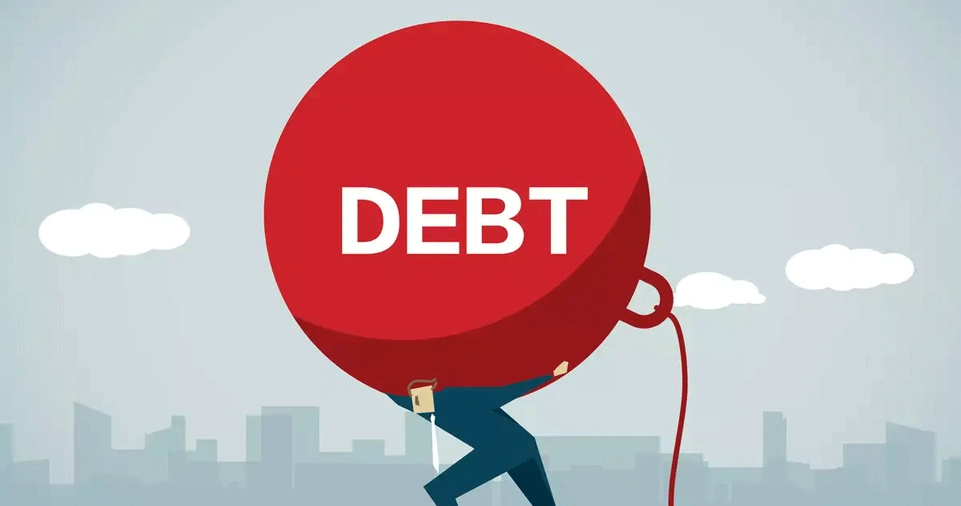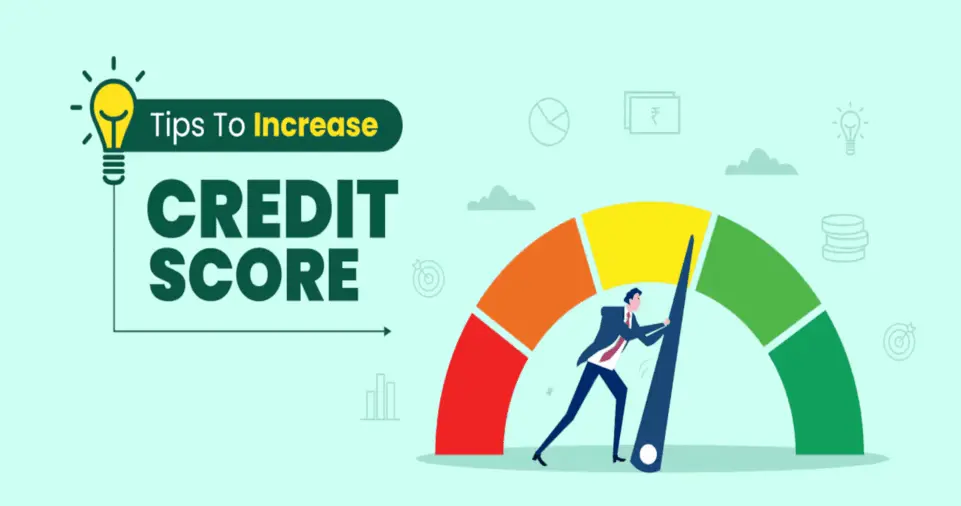Your credit score is one of the most critical factors in determining your financial health. It affects your ability to obtain loans, credit cards, and even rental agreements.
A good credit score not only opens doors to better financial opportunities but also ensures you get lower interest rates, saving you thousands of dollars over time.
However, if your credit score is low or has taken a hit due to financial missteps, improving it might seem like an uphill battle.
The good news is that with the right strategies, you can significantly boost your credit score in a short amount of time.
Whether you want to qualify for a mortgage, get better credit card deals, or just improve your financial standing, this guide will provide detailed steps to elevate your credit score fast.
Follow these proven techniques, and within weeks or months, you could see a noticeable improvement in your creditworthiness.
Understanding Credit Score Factors
Before jumping into ways to improve your credit score, it’s essential to understand the key factors that impact it.
Your credit score is typically calculated based on the following elements:
Payment History (35%)
Your payment history is the most significant factor in your credit score.
It reflects how reliably you pay your debts, including credit cards, loans, and bills.
Missing payments, late payments, or defaulting on loans can severely damage your credit score.
Credit Utilization Ratio (30%)
This refers to the percentage of your available credit that you are currently using.
Ideally, keeping your credit utilization below 30% can positively impact your score.
High utilization suggests financial distress and can reduce your credit score significantly.
Length of Credit History (15%)
The longer your credit history, the better it is for your credit score.
Lenders prefer borrowers who have a consistent and long-standing credit history as it demonstrates financial stability and responsibility.
Credit Mix (10%)
Having a diverse credit mix, such as credit cards, installment loans, retail accounts, and mortgages, can contribute positively to your credit score.
It shows that you can manage different types of credit responsibly.
New Credit Inquiries (10%)
Every time you apply for new credit, lenders perform a hard inquiry on your credit report.
Too many hard inquiries in a short period can lower your credit score, as it indicates you might be taking on excessive debt.
Now that you understand the components of a credit score, let’s look at the steps you can take to improve it quickly.
Pay Your Bills on Time
Late payments are one of the biggest factors that can drag down your credit score.
Since payment history accounts for 35% of your credit score, paying your bills on time is the fastest way to see improvements.
Here are some practical steps:
- Set Up Automatic Payments: Automating your payments ensures you never miss a due date.
- Use Payment Reminders: Utilize apps, phone calendar alerts, or email notifications to remind yourself about due dates.
- Make At Least Minimum Payments: Even if you can’t pay the full amount, always make at least the minimum payment to avoid negative marks on your report.
- Negotiate Late Payments: If you have a history of late payments, contact your creditor and request them to remove the late payment from your credit history.
Reduce Your Credit Utilization Ratio
Credit utilization is the second most crucial factor affecting your credit score. Keeping it low will improve your credit score significantly.
Here’s how you can manage it:
- Pay Down Outstanding Balances: Reducing your overall credit card balance will lower your credit utilization ratio.
- Increase Your Credit Limit: Call your credit card issuer and ask for a credit limit increase. If your spending remains the same, your utilization will drop.
- Spread Out Your Purchases: Instead of charging everything on one card, distribute expenses across multiple credit cards to keep utilization low on each.
Pay Off Debt Strategically

A high debt balance can weigh down your credit score.
To improve it quickly, consider these strategies:
- Use the Debt Snowball Method: Focus on paying off the smallest debts first while making minimum payments on others. Once the smallest is paid off, move to the next.
- Use the Debt Avalanche Method: Pay off debts with the highest interest rate first, saving you money in the long run.
- Make Extra Payments: Instead of paying once a month, make multiple smaller payments to reduce your balance faster.
ALSO READ: How to Attract and Retain Loyal Customers
Avoid Opening Too Many New Accounts
Opening too many credit accounts in a short period can lower your credit score due to multiple hard inquiries.
Here’s how you can avoid unnecessary damage:
- Only Apply When Necessary: Don’t apply for new credit cards just for rewards.
- Space Out Your Applications: If you need new credit, wait at least six months between applications.
- Use Prequalification Tools: Check if you’re eligible for a credit card without a hard inquiry.
Become an Authorized User
If you have a trusted friend or family member with a good credit history, ask them to add you as an authorized user on their credit card.
This allows you to benefit from their positive credit history without responsibility for the payments.
Check Your Credit Report for Errors
Errors on your credit report can unfairly lower your score.
Obtain a free credit report and check for:
- Incorrect Account Information – Wrong balances, accounts that aren’t yours.
- Duplicate Accounts – Accounts appearing multiple times.
- Fraudulent Activities – Accounts or inquiries you didn’t authorize.
If you find errors, dispute them with the credit bureaus to have them corrected.
Keep Old Credit Accounts Open
Closing old accounts can reduce your average credit age and available credit limit, negatively affecting your score.
Instead:
- Keep Accounts Open and Active: Even if you don’t use them frequently, make small purchases and pay them off to keep them active.
- Avoid Closing Credit Cards with a Long History: These help boost your average credit age.
Diversify Your Credit Mix
Lenders prefer individuals with a variety of credit types.
Consider:
- Adding a Small Installment Loan: If you only have credit cards, consider a small personal or credit-builder loan.
- Maintaining a Mix of Credit Accounts: A mix of credit cards, loans, and mortgages can positively impact your score.
Use Credit-Building Tools
If you have poor credit or no credit history, use these tools to build credit:
- Secured Credit Cards: These require a deposit and help establish good credit habits.
- Credit-Builder Loans: Designed to help people build credit over time.
- Experian Boost: A free service that includes utility and phone bill payments in your credit history.
Make Multiple Payments Per Month
Making several payments throughout the month reduces your credit utilization and demonstrates responsible credit management.
ALSO READ: How to Choose the Right Investment Strategy for Your Goals
Conclusion
Improving your credit score fast is possible with the right financial habits and strategies.
By paying your bills on time, lowering your credit utilization, paying off debts strategically, and avoiding unnecessary credit applications, you can see a significant improvement in your credit score.
Regularly checking your credit report for errors and taking proactive steps will ensure long-term financial health.
Follow these steps consistently, and within a few months, you’ll be on your way to a much better credit score!







